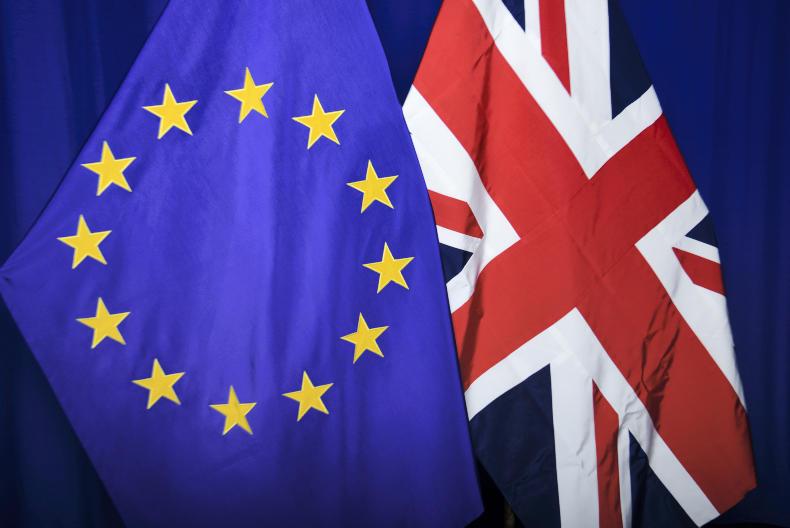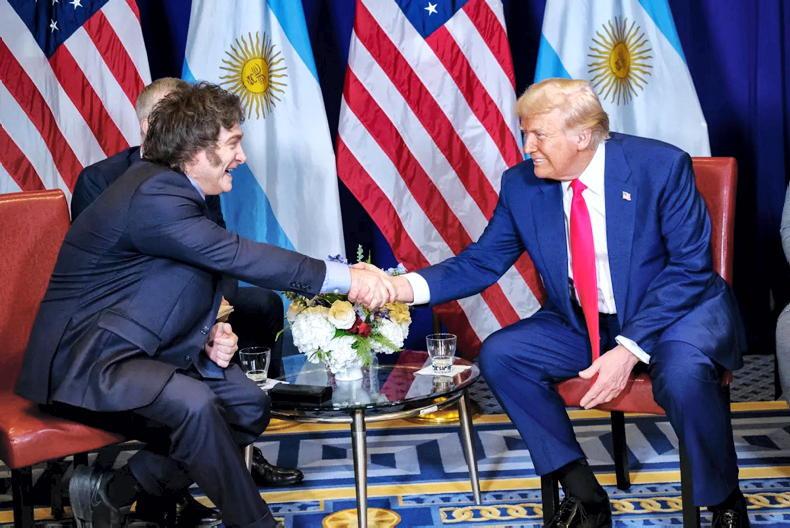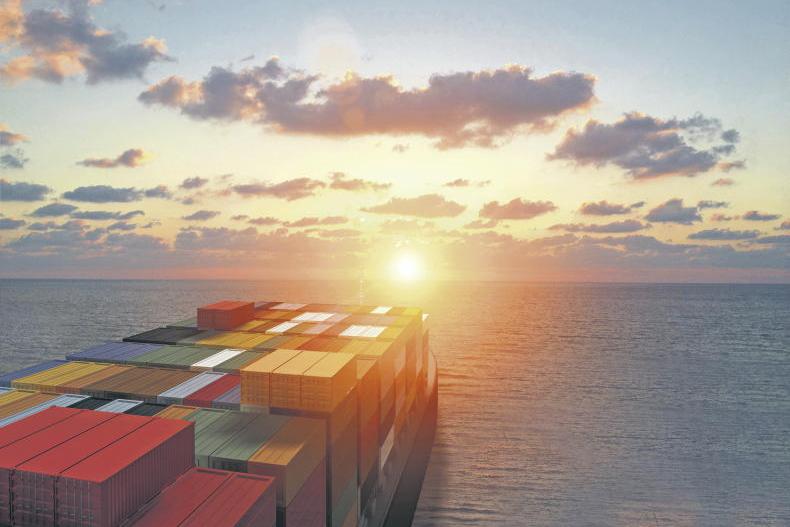The Mercosur trade deal with its offer of a 99,000t beef quota has provoked outrage among Irish farm leaders. There is no denying that there is now a significant level of beef quota access to an already oversupplied market, especially when domestic producers have to produce to a more demanding standard than the imports.
Standards
Traceability is something that affects every farmer in Ireland who keeps livestock – they have to register the birth and tag the calf within 27 days or face a possible cross-compliance penalty.
For non-EU imports, it is a requirement that the animal is registered 70 days prior to slaughter and this constituted traceability irrespective of the fact that nothing may be known of its earlier existence or movement.
These are the inconsistencies that annoy farmers and the wider industry and constitute something that is overlooked in the drive to secure a deal that benefits just about everything else in the EU with the exception of beef, poultry and sugar. Even dairy is a winner, with access granted for cheese and skimmed milk powder.
Bad timing
While there was never a good time for granting huge beef access to the EU, it is particularly bad at present with the uncertainty that overhangs the market because of the threat of the UK leaving the EU in October and trading as a third country.
In that situation, the EU27 will become seriously oversupplied with beef as the UK imported of 284,000t of beef in 2018, three-quarters of which came from Ireland and most or the rest from other EU countries.
The UK has decided that in the event of a no-deal Brexit, it will create a 230,000t beef quota will be open to all WTO member countries including the Mercosur group. This is a temporary arrangement but it is indicative of the UK thinking.
When combined with the 99,000t quota agreed between the EU and Mercosur, then effectively Mercosur countries have a 329,000t quota to access to what was the EU28, split 230,000t to the UK and 99,000t to the EU27.
Brexit
While the Mercosur negotiation lasted 20 years, the reality with Breixt is that now more than three years have passed since the UK voted to leave the EU. The problem then, and it remains so today, is that nobody knows exactly what leaving the EU would look like as the belief among many in the UK was that they would depart the EU but continue trade with the EU in the same way as before.
Little progress has been made and the campaign for succeeding Theresa May as Prime Minister suggests little thought has still been given to the tough calls that have to be made. The next deadline is 31 October and the there is nothing that suggests the UK is in a position to endorse the withdrawal agreement that caused Theresa May to lose power.
Farmers could be faced with the consequences of a no-deal Brexit as early as November, while Mercosur – for all its threat – is a problem that is several years away
Similarly, there is nothing from the EU that suggests they will present a new option to her successor that will get the approval of parliament.
Against this backdrop, farmers could be faced with the consequences of a no-deal Brexit as early as November, while Mercosur – for all its threat – is a problem that is several years away.









SHARING OPTIONS